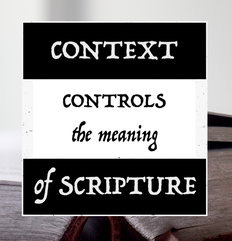
 These ten books will get you to stop guessing what Bible verses mean and start grasping the original point made by the authors. These books about Bible backgrounds will introduce you to the cultural context that defined the meaning of words, phrases, and entire genres found in Scripture. If you want to discern how the Bible directs us today, you must first understand how it redirected the conversations and communities in ancient near eastern cultures. So read these books. Process them in community. And refer to them as you study Scripture. I now give to you the top 10 Bible study books about the historical and cultural context of Scripture.
2 Comments
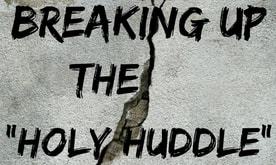 The discovery of the Dead Sea Scrolls has given us remarkable insight into the holy huddles of Jesus’s day.The religious community at the ancient site of Qumran on the Dead Sea thought they were better than everyone else. They considered themselves the “sons of light.” Like Jesus, they considered the Sadducees and priestly elite in Jerusalem to be corrupt. The holy huddle at Qumran called the Jewish power players in Jerusalem the “sons of darkness.” In the The War Scroll found in Cave 1 at Qumran, they predicted God’s impending judgment of the “sons of darkness”—those Jews in Jerusalem who were colluding with the Romans and breaking the covenant. How did those Jews in Jerusalem break the covenant? That story started long before the time of Jesus. After the successful second-century BC revolt of the Maccabees and the reestablishment of an independent Jewish state, the Hasmonean kings (from the Maccabee family) eventually assumed not only the kingship but also control of the high priesthood. The king and high priest became one. The Zadokites among the Essenes considered the non-Zadokite priests usurpers and declared their Temple sacrifices illegal. Although they could not function as priests in the Temple anymore, they followed the holiness standards for priests in ways deemed more authentic to the Torah. They separated themselves from the mainstream to form exclusive communities of the righteous. They studied the Prophets carefully and looked for God’s impending judgment of Jerusalem’s unfaithful leaders. They believed their community was the beginning of a renewed people of God in earth. Jesus held many of the same beliefs. It has led some to theorize that Jesus himself should be called a Separatist, or even equated with the Teacher of Righteousness who led the Qumran community. But we have to look more closely at the Separatist communities to see where Jesus agreed and where he called for an even more radical way forward. 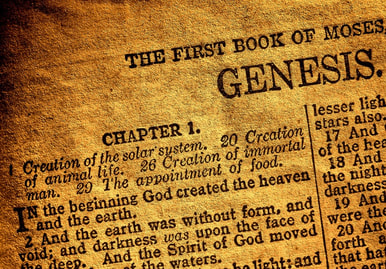
Did God create the universe in 6 literal 24-hour days? That controversial question has divided churches and derailed journeys toward Jesus. It has become the litmus test to measure whether you believe the Bible is true for Answers in Genesis—creators of the Creation Museum and Noah’s ark in the Ohio river valley. Bible readers have combed through the language and structure of Genesis 1 to devise and defend their position. But before you decide on the right answer, is it even the right question?
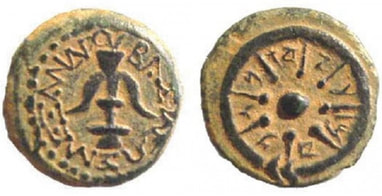 For centuries, Christians have assumed that Jesus wants us to emulate a poor widow’s sacrificial giving of her only 2 coins. As the story goes in Mark 12, Jesus was watching people put money into the Temple treasury. Rich people put in a lot of money. Then, a poor widow put in 2 small copper coins worth about a penny. Jesus saw a lesson here for the disciples so he gathered them together and said: “this poor widow put in more than all the other contributors to the treasury; for they gave out of their surplus, but she, out of her poverty, gave all she owned, all she had to live on.” - Mark 12:43-44 Jesus’ commentary makes it clear that the widow felt the impact of her contribution much more than all the rich people giving money they didn’t need. She gave the only money she had to buy food to survive. Her sacrifice had painful consequences in her poverty. We have historically assumed Jesus is commending the widow’s example to us. We typically interpret the significance of the story just like Joy Allmond does on the Billy Graham Evangelistic Association blog: What matters to God is our heart toward our money and our possessions. Do we see them as ours, or as His? Regardless of how much we give to Kingdom work–whether it is $10 or $10,000–Jesus makes it obvious to us in Luke 21:1-4 [the story of the Widow’s mite] that He is most pleased with those who had to sacrifice to give that $10. What is your “mite?” Are you sowing sacrificially from your resources? Before we can jump to personal application like this article does, we need to make sure we understand Jesus’ original meaning. Is the point of Jesus’ observation to praise the sacrificial heart and actions of the widow?
After Jewish leaders questioned Jesus the night he was arrested, they brought him to the palace of the Roman governor (seeJohn 18:1-28). They needed a politician to enforce their idea. The prefect of the Roman province of Judea, Pontius Pilate, met them outside and asked, “What charges do you bring against this man?” (John 18:29). After their discussion, “Pilate went back into the Praetorium, and summoned Jesus and said to Him: ‘Are You the King of the Jews?’ — John 18:33 That was a loaded question. The Romans didn’t want any new kings that they couldn’t control. And a growing number of Jews wanted a new king to end Roman control of their land. There was a lot of tension in the air.
Eat My Flesh and Drink My Blood for Eternal Life: Why Jesus Gets Cannabalistic in John 6:546/2/2018
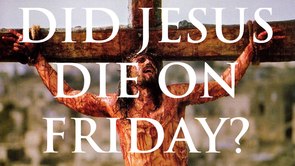 We have historically celebrated Jesus' death on Friday because the Gospels placed it the day before a Sabbath. But did you know that Jews celebrated Special 'Sabbaths' that did not take place on Saturday? Figuring out when Jesus ate the Last Supper with his disciples and which day he died on the cross is not easy. Why? First of all, Jews started new days each evening! Our days (in the Gregorian calendar) begin and end in the middle of the night and consider daylight the middle of the day. Jewish days began at dusk with the first half of a day being the dark night and the second half of the day being the daylight. That's why Genesis 1 says, "there was evening and morning on day one." That's also why we get confused about the timeline of Jesus' death and resurrection in the Gospels. If Jesus actually died on Friday afternoon when we celebrate 'Good Friday,' then he would have only been in the grave for 2 nights. But Jesus said he would be in the grave for 3 nights. So either Jesus is wrong (see matthew 12:40), or our holiday is wrong. It's worth investigating.  Jesus had more to say about money than both heaven and hell, but he didn’t have much good to say about it. Specifically, Jesus was quick to judge people with money. He put it simply in Luke 6:24, “But woe to you who are rich, for you are receiving your comfort in full.” The “woe” statement is a prophetic announcement that judgment is coming. He assumed the wealthy in first-Century Israel had done something wrong to deserve judgment. We often miss Jesus' tough message about money because we hear only the parts we want to believe. 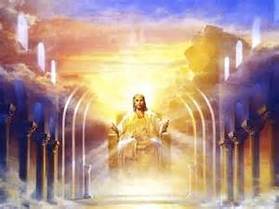 The Gospel of Mark hinges on a climactic turning point. After Jesus spends 8 chapters doing miracles that only the Son of God would do, the disciples finally figure out who he is. While other Israelites thought he was a special prophet like Jeremiah or Elijah, Peter proclaimed in Mark 8:29, “You are the Messiah.” That identification changes the trajectory and content of Mark’s Gospel. Everything leading up to Mark 8:29 is designed to reveal who Jesus is, but everything afterwards redefines what the disciples think about the Messiah. Jesus immediately begins to correct their assumptions about what the Messiah will do. “And He began to teach them that the Son of Man must suffer many things and be rejected by the elders and the chief priests and the scribes, and be killed, and after three days rise again” (Mark 8:31). Jesus had to teach them about his torturous destiny over and over again (Mark 9:12, 31-32; 10:33-34). Why? Because the disciples already thought the Messiah would kill all the bad guys, not get killed by them.  On October 3, 2017, my dad Gary Penley died. I had the kind of relationship sons long to have with their fathers. I wish more people could have dads like mine, and I wish I could have had my dad for a little bit longer. I have never felt such a debilitating pain in my gut, such a gaping hole in my heart. I can't imagine how the trembling, the love, or the loss will ever fade. Right now I can only limp forward carrying the legacy and lore of a dad I loved more than any other man on this earth. I can only listen to years of voicemails from a dad who wanted nothing more than to connect and make this kid feel like a king. I wrote and presented this eulogy at his funeral in Momence, IL on October 9, 2017. I share it with you to motivate, to move you, to paint the picture of how great an imperfect parent can be. Some of you knew my dad as a friend, a boss, a birder, a co-worker, a brother, a son, a husband, but I knew him simply as dad. My dad came from small-town Illinois and ended up a big-city executive. He was the first person in his family to graduate from college, and he turned that education into an amazing career that allowed him to bless so many other people. Of course, he was the only guy in senior management who came to work in his suit on Monday with grease underneath his fingernails from doing man’s work on the weekend. He worked so hard his whole life to take care of us kids. And he did. So much of my success professionally has come from mimicking his relentless focus.
|
BUY the BOOKAuthorPaul Penley's training as a Bible scholar, life as a human being, and work as a philanthropic advisor overflows into this blog Top 5 BlogsCategories
All
Archives
January 2021
|
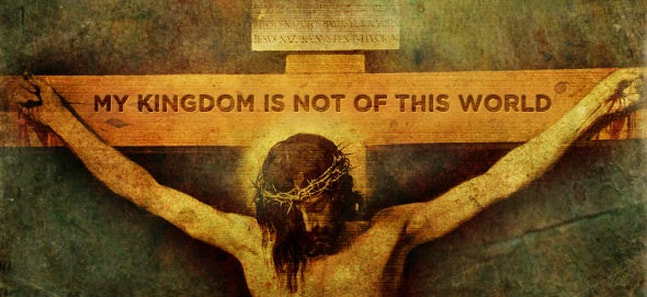
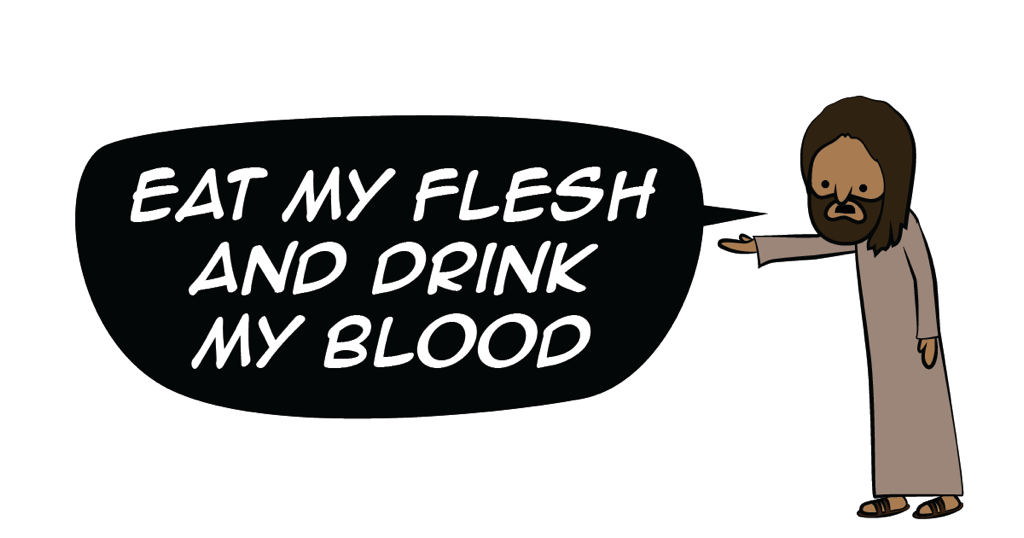






 RSS Feed
RSS Feed
